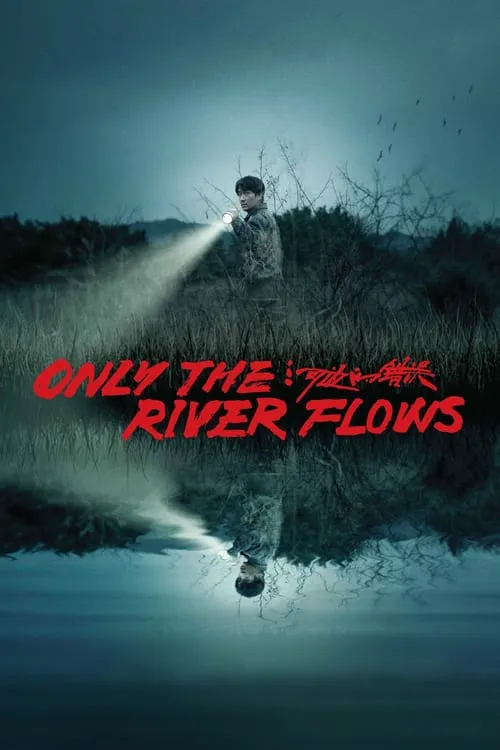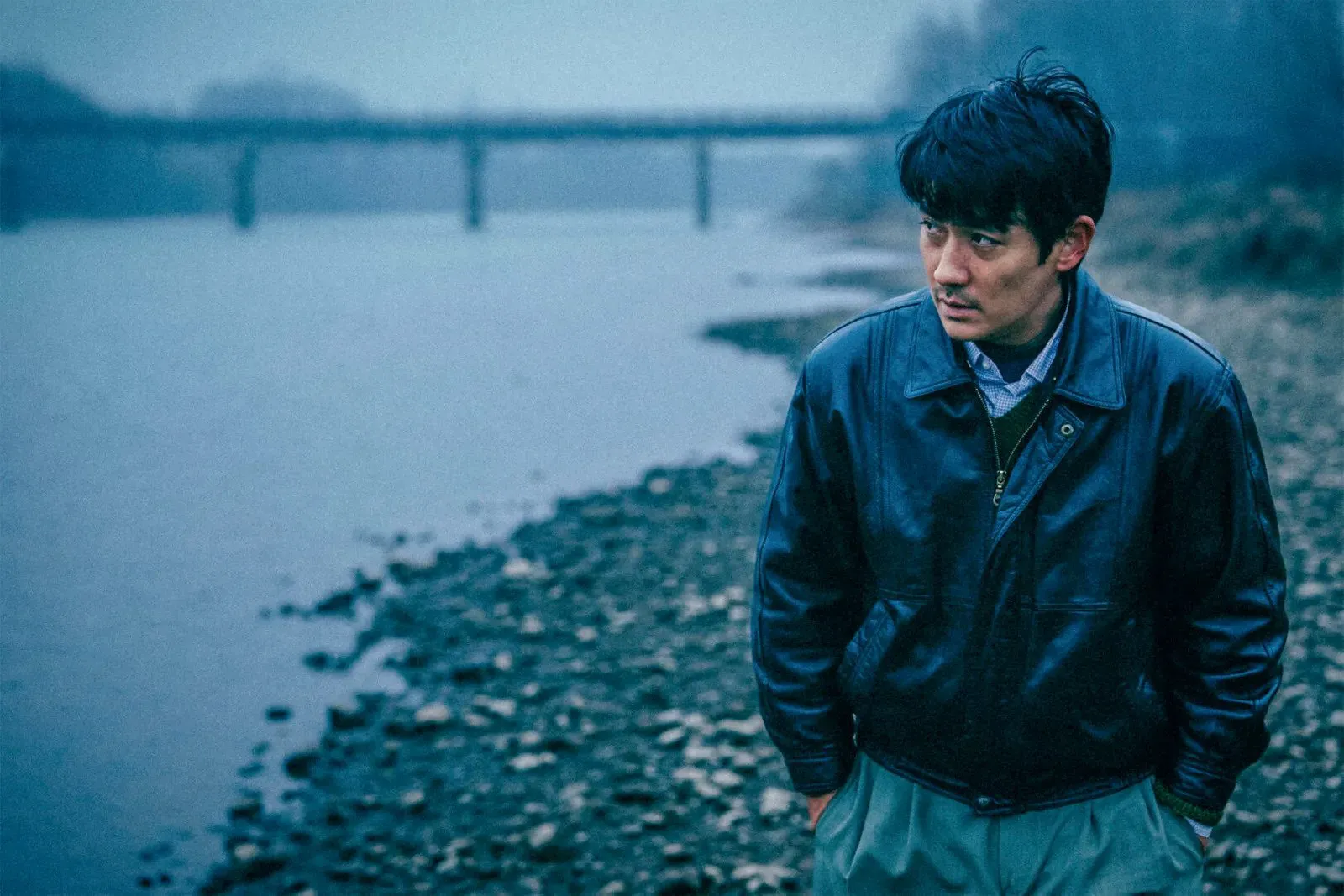Only the River Flows

Plot
Only the River Flows is a thought-provoking and deeply unsettling drama that takes place in the rural Chinese town of Banpo in the 1990s. The film tells the story of Ma Zhe, the Chief of the Criminal Police, who is initially portrayed as an exemplary and diligent officer tasked with solving the high-profile murder case of a woman found by the river. With the quick arrest of the primary suspect, the higher-ups within the police force hail Ma Zhe as a hero, but an unsettling feeling persists. As Ma Zhe delves deeper into the investigation, certain clues force him to confront the darker aspects of his own community. He comes across small, insignificant details that reveal the depth of human corruption embedded within a seemingly tranquil town. This discovery sets Ma Zhe on a journey down the winding paths of deception and societal oppression in Banpo. From his initial interactions with the local residents and police officers, it is clear that Ma Zhe holds the community in high esteem. The respect and admiration he receives only further solidifies this perception. His colleagues praise his exceptional crime-solving skills, and the townspeople seem grateful for his dedication to maintaining peace and order in Banpo. However, as new information gradually emerges, these carefully constructed illusions are shattered, exposing the complexities of human nature within a rigid and oppressive social hierarchy. One pivotal clue in the investigation hints at a connection between local authorities and Ma Zhe's suspects. He discovers a cryptic, almost cryptic piece of information, suggesting possible malfeasance. The revelation not only shakes his faith in fellow officers but also forces him to confront the possibility that there may be deeper forces at play. This discovery sets him down a long journey of self-discovery, questioning the true intentions of his peers, and their allegiance. Ma Zhe also discovers an inner turmoil within the residents who initially appeared friendly and honest to him. This realisation causes him to see the seemingly ideal village life of the inhabitants in a different light - that beneath the idyllic surface of the village existed a tangled web of corruption and lies. Ma Zhe becomes increasingly torn between his loyalty to his colleagues, his duty to follow orders, and his moral obligation to pursue the truth. Throughout the investigation, the line between right and wrong becomes increasingly blurred, forcing him to choose between conformity and personal integrity. He is confronted with difficult moral choices that require courage, perseverance, and an unshakeable commitment to justice. As he pursues truth and uncovers the intricate web of corruption, Ma Zhe confronts the consequences of social and cultural norms on ordinary lives. This is vividly shown as he delves deeper into an underbelly filled with oppression and fear of reporting wrongdoings to authorities. These acts of courage and Ma Zhe's determination to expose the truth will set off a series of tragic events that forever alter the dynamics of the community. Ultimately, Ma Zhe's relentless pursuit of truth forces him to look past the façade and examine the underlying forces that govern his town. In doing so, he risks everything - his reputation, his relationships, and even his position as Chief of the Criminal Police. His dedication to exposing the corrupt systems in place serves as a testament to the power of a single individual to bring about change in a society where conformity is heavily encouraged. In the end, Only the River Flows is an unflinching portrayal of corruption and oppression in rural China during the 1990s. This gripping and intense drama highlights personal sacrifice and the resilience of those willing to speak out against injustice, providing a thought-provoking commentary on the nature of human existence and societal norms.
Reviews
Recommendations





